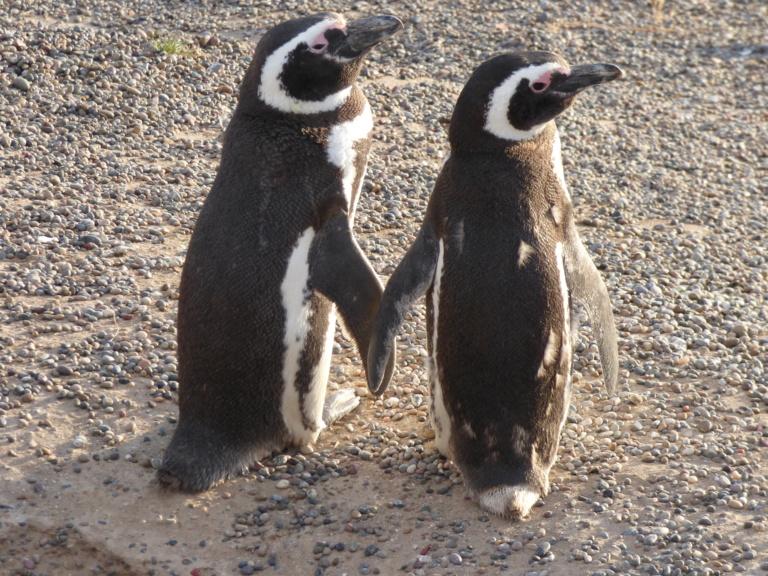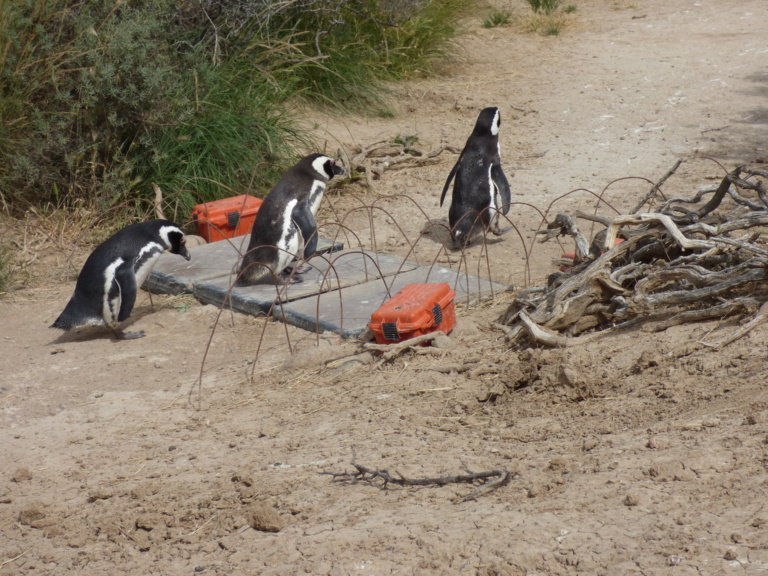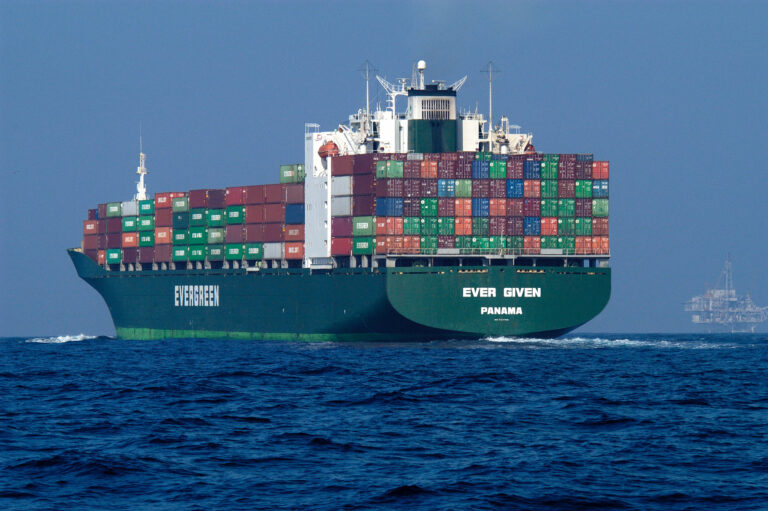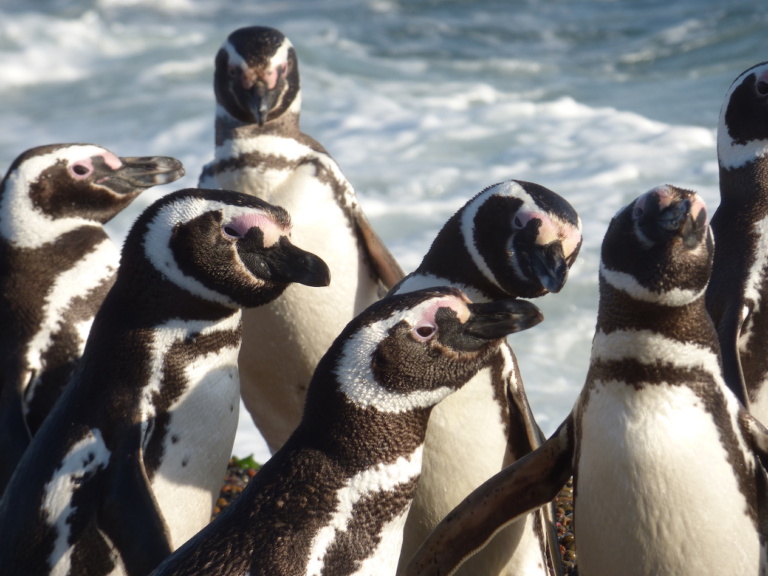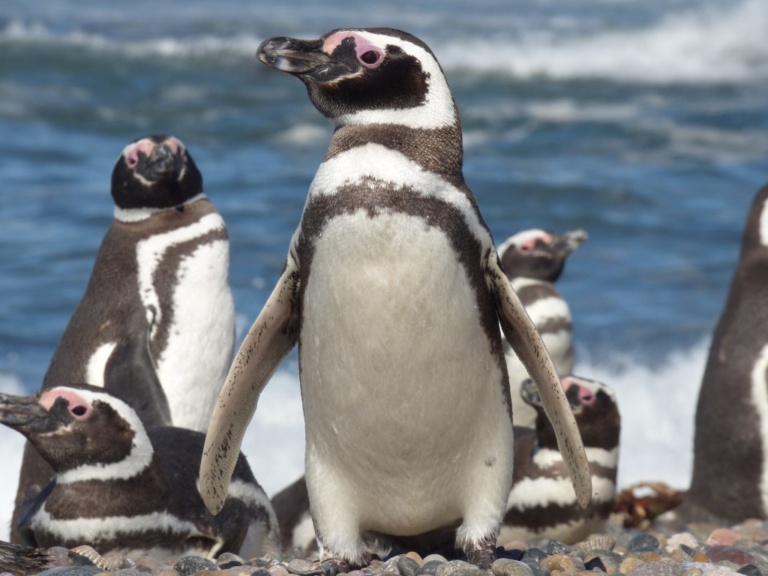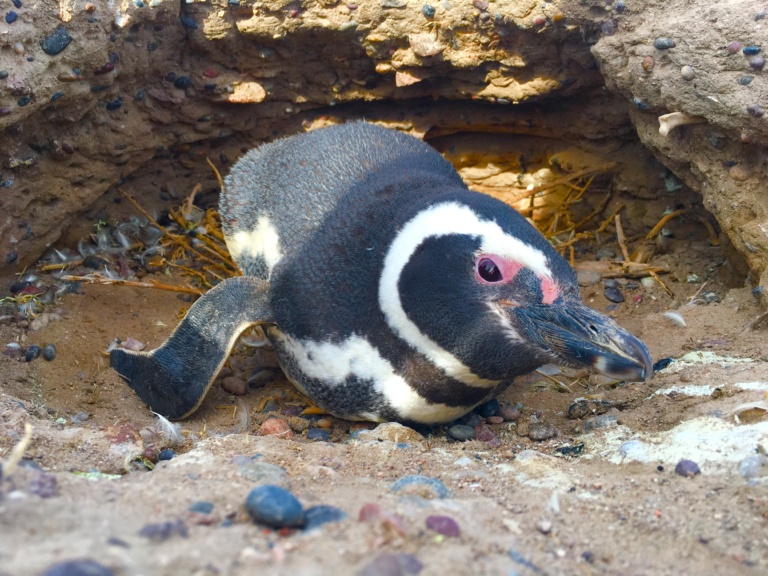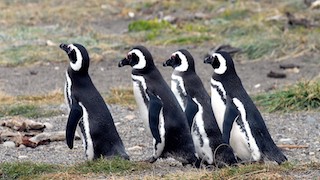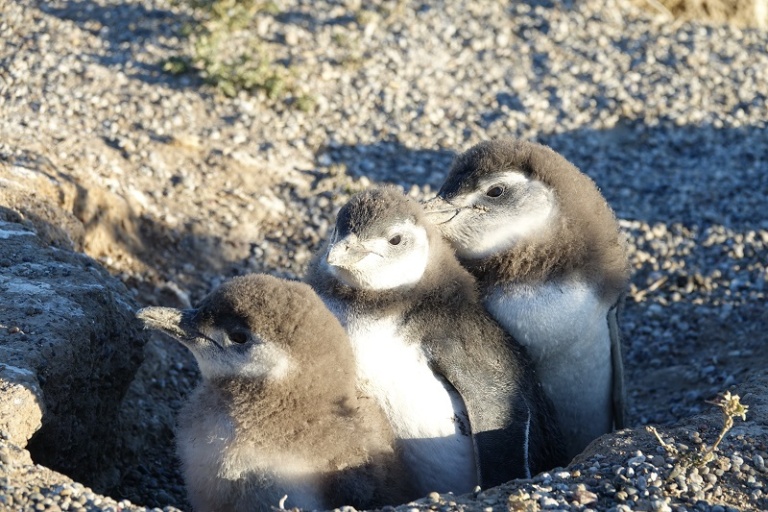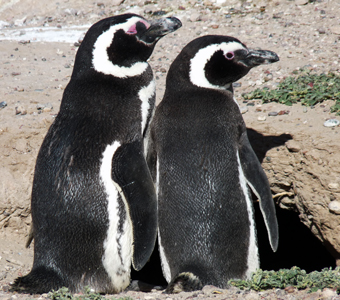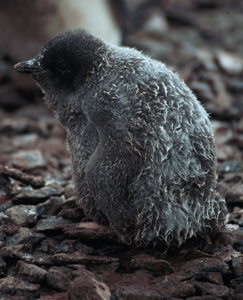Sex-specific migratory behavior in a marine predator results in higher risks to females
Metadata Authors: Dr. Ginger Rebstock and Dr. P Dee BoersmaJournal: Marine Ecology Press SeriesDOI: https://doi.org/10.3354/meps14476 Summary Summary written by Sofia Denkovski Protecting Migratory Species Sexual Segregation of Magellanic Penguins Effects of sex-biased distribution on females What does this tell us?
Sex-specific migratory behavior in a marine predator results in higher risks to females Read More »
